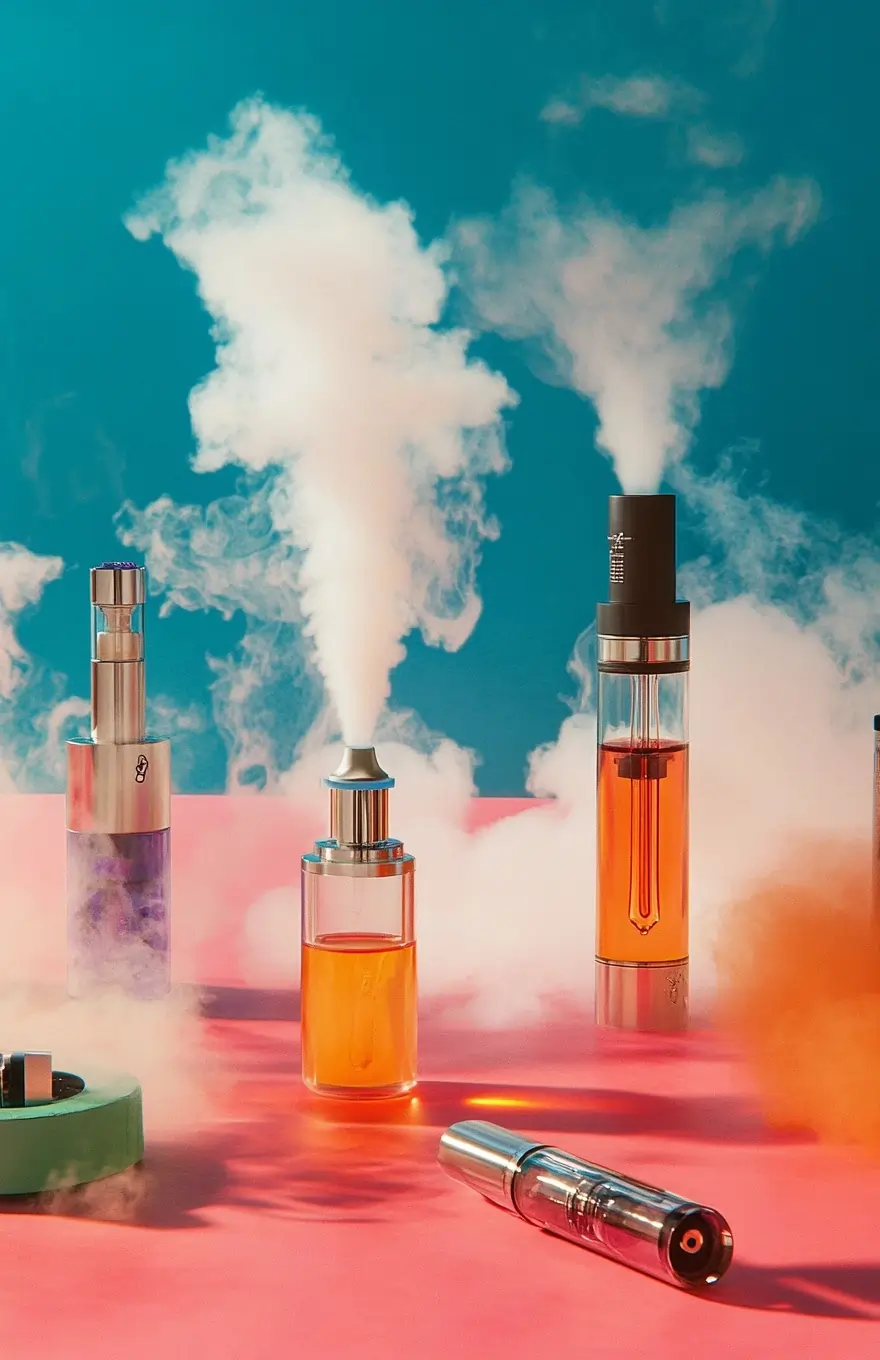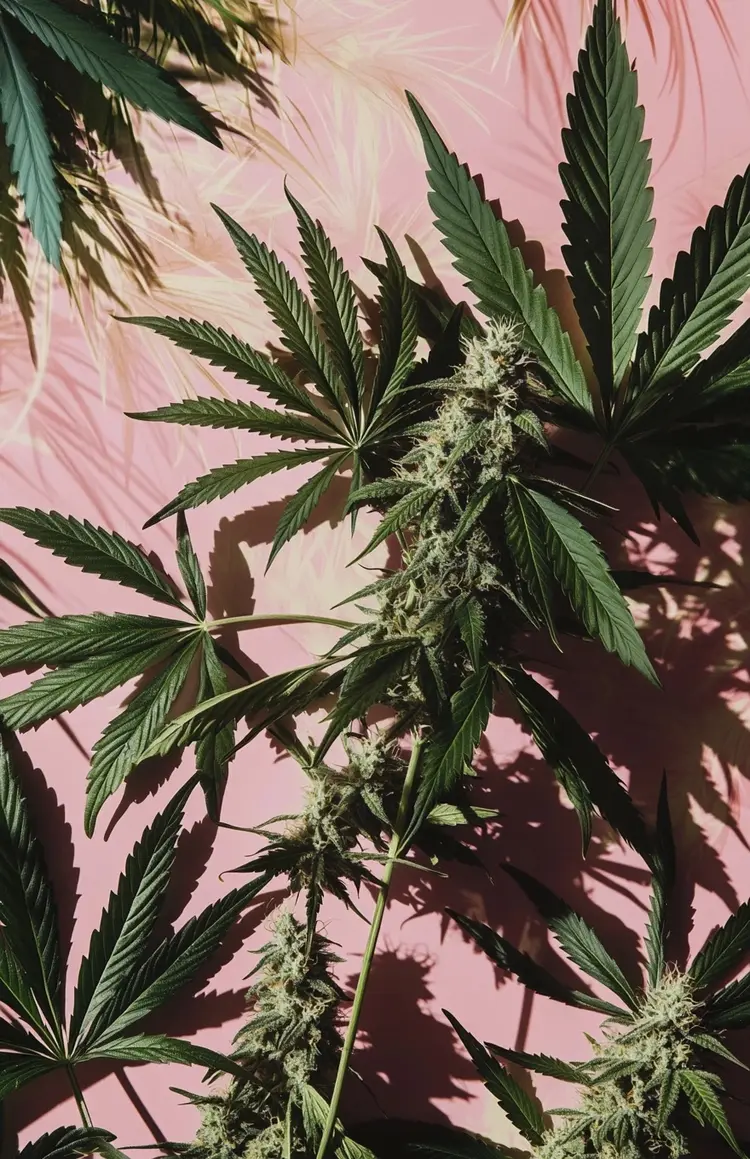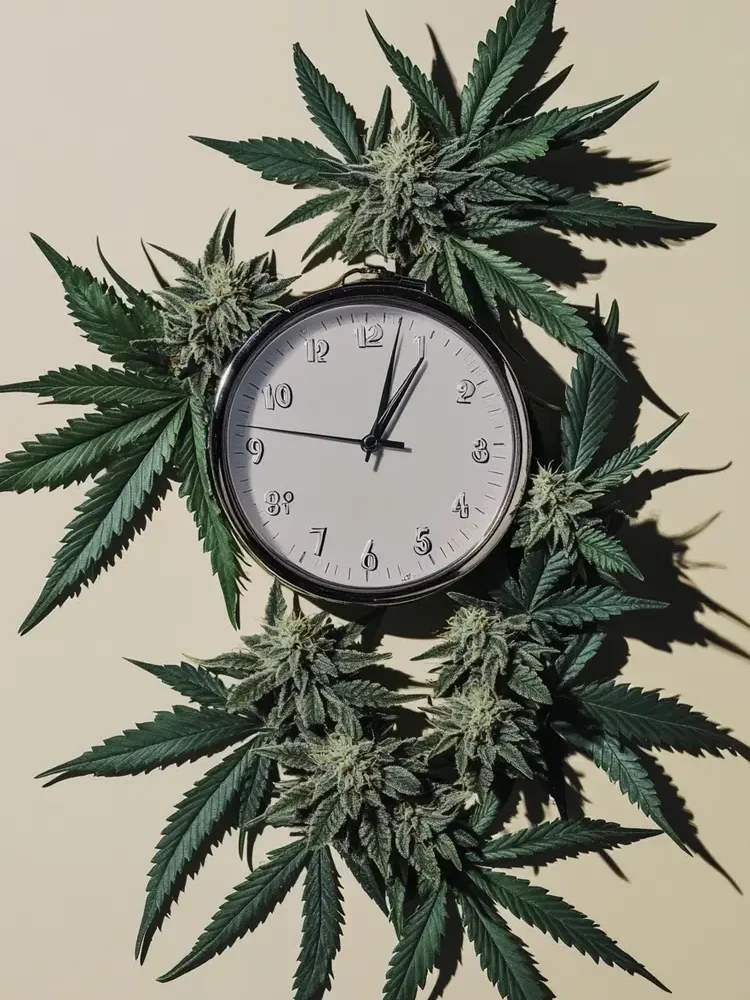

Is THCA legal in Georgia? The short answer: not anymore. While THCA used to slide under the radar as a legal hemp loophole, new state laws now treat it like illegal marijuana—no matter how it’s labeled.
If you’re in Georgia and shopping for THCA flower, dabs, vapes, or gummies, you’ll want to understand exactly what’s changed. In 2024, the state passed SB 494, which redefined hemp, closed the THCA loophole, and gave law enforcement new power to crack down on THC-rich hemp.
This guide covers it all—from Georgia cannabis laws to hemp testing, age limits, and where the Farm Bill fits in. Whether you’re a curious buyer or a cautious retailer, here’s what you need to know to stay legal (and stay chill) in the Peach State.
Georgia’s cannabis laws separate hemp products from illegal marijuana based on one key metric: THC content.
Back in 2019, House Bill 213 legalized hemp farming and sales under the Georgia Hemp Farming Act, which followed the federal 2018 Farm Bill. This law allowed hemp-derived products as long as they contained no more than 0.3% Delta 9 THC by dry weight.
What it didn’t do? Address THCA—the raw, non-psychoactive form of THC that becomes active when heated.
That omission created a legal blind spot. Brands began selling THCA flower and vapes that tested below the Delta 9 limit but converted into potent THC when smoked. Technically legal under federal law. Psychoactive in practice.
To fix that, Georgia passed Senate Bill 494 in 2024.
SB 494 redefined what counts as THC in Georgia.
Instead of just looking at Delta 9, the new law uses a “total THC” standard—which includes THCA. The law states that any hemp-derived cannabinoids must stay under 0.3% total THC (Delta 9 + THCA after decarboxylation).
The result? Most THCA products now test above the legal limit and are treated as controlled substances—same as marijuana.

Before SB 494, there was a legal gap known as the THCA loophole.
THCA (tetrahydrocannabinolic acid) is a cannabinoid found in raw cannabis. It doesn’t get you high until it’s heated—then it turns into Delta 9 THC.
Because earlier Georgia hemp laws only restricted Delta 9, not THCA, many products slipped through. THCA flower with 20% THCA and 0.2% Delta 9 could still legally be sold as “hemp.”
Once smoked, though, it produced the same effects as illegal marijuana.
SB 494 closed that door by redefining THC to include THCA and requiring labs to test using decarboxylation methods. Now, if a product converts into more than 0.3% THC when heated, it’s no longer considered legal hemp—even if it started below the limit.
In Georgia, not all hemp products are treated the same. Thanks to new rules under SB 494, the legal status of anything made with hemp-derived cannabinoids depends on two things:
Hemp flower—even when it contains very low levels of Delta 9 THC—can no longer be sold directly to consumers in Georgia. It’s banned, regardless of its THC percentage. That includes THCA flower, which was once widely sold but is now treated as a controlled substance if it exceeds the legal limit when tested.
Meanwhile, hemp-infused food products like gummies or drinks are allowed, but only under strict conditions:
Georgia law now requires all businesses to test hemp products for total THC. This includes calculating THCA’s conversion to Delta 9 THC to ensure the final product stays within the limit. If it doesn’t? That product becomes illegal under state law.
Law enforcement agencies across Georgia are now working with labs and state regulators to make sure consumable hemp products meet all testing and documentation standards. If a product has too much THC—or skips proper testing—it can be seized, and the retailer can face charges for distributing a controlled substance.
And if you’re wondering, “Is THCA flower legal in Georgia?”—the answer in 2025 is: Only if it tests below the total THC threshold. Spoiler: most doesn’t.

Let’s get specific: if you’re wondering which THCA products are banned, the answer is: almost all of them.
Under the new GA cannabis laws, the following are no longer legal for sale or possession unless they stay under the strict THC threshold:
Because these items typically contain high levels of THCA, they fail Georgia’s total THC testing requirement. The only products still legal are those that contain less than 0.3% total THC, including THCA after conversion.
That excludes most products marketed for strong effects.
You can still buy hemp-derived products in Georgia, but the options are limited.
Under current state laws:
You may find compliant CBD oil, topicals, and certain Delta-8 or hemp-derived Delta 9 THC edibles—as long as they pass total THC testing.
If you’re shopping online, make sure the company provides a certificate of analysis and follows Georgia labeling regulations. Otherwise, you’re taking a legal risk.
You might see online retailers claiming their THCA flower is “federally legal” under the Farm Bill — and that’s technically true. Federally, if a product contains less than 0.3% Delta 9 THC, it’s considered hemp.
But here’s the catch: Georgia local law overrides federal law once the product enters the state.
Under SB 494, Georgia defines THC to include THCA. So if the combined concentration of THCA and Delta 9 is over the legal limit, the product is illegal—even if it was legally shipped from another state.
That means:
If you’re caught with a package that breaks these rules, Georgia authorities won’t care what the website said. You’re subject to Georgia cannabis laws, not the marketing claims of an out-of-state store.
Testing is the backbone of the new enforcement.
Under SB 494, all consumable hemp products in Georgia must be tested using post-decarboxylation or conversion formulas to measure total THC—not just Delta 9.
Legal hemp must meet all of the following:
This puts pressure on hemp retailers to ensure every batch is compliant. If a product fails testing or lacks documentation, it’s treated as an illegal controlled substance.
Since SB 494 took effect in late 2024, Georgia law enforcement has started cracking down on THCA products and other hemp items with high THC levels. The state is drawing a clear line: low-THC hemp is legal, but anything that could cause a high—like THCA flower—is being treated as illegal marijuana.
In 2023, some retailers were already facing raids and warnings. Now in 2025, the rules are even stricter. The Georgia Bureau of Investigation (GBI) and local agencies are working together to enforce the law. That’s why many stores have stopped selling THCA flower and high-potency hemp products to avoid legal trouble.
At the same time, many licensed hemp businesses actually support these changes. Why? Because they now have clear rules to follow, instead of dealing with confusing gray areas. Georgia didn’t ban everything outright—instead, it set tough standards that focus on safety and regulation. Experts say this approach balances consumer protection with the demand for hemp-derived cannabinoids.
Looking forward, here’s what to watch in 2025:
Until federal law catches up, Georgia will keep enforcing its state laws. If you’re selling or using THCA products, make sure you understand how the law works—because Georgia’s not playing around.
Georgia does have a medical marijuana program, but it’s one of the strictest in the country.
Known as the Low THC Oil Program, it allows registered patients to legally possess up to 20 fluid ounces of cannabis oil with:
Here’s what else you should know:
Some confusion comes from stores using terms like “medical marijuana” to market hemp-derived cannabinoids, but that’s not legal in Georgia. Only patients with an Oil Registry card can access medical marijuana — and only in oil form with 5% or less THC.
Yes. Even if THCA products are shipped from another state where they’re legal, Georgia law treats them like marijuana if they contain over 0.3% total THC. That includes THCA content. You could face misdemeanor or felony charges, depending on the amount and how it’s labeled. Georgia authorities have the power to seize non-compliant packages, and some local law enforcement agencies are already cracking down.
THCA by itself does not get you high—but once you apply heat, it converts into Delta 9 THC, which does. That’s why products like THCA flower, dabs, or vapes deliver the same psychoactive effects as illegal marijuana when used. Georgia now tests for “decarboxylated THC” to account for this transformation.
No. Georgia’s licensed medical cannabis dispensaries are only allowed to sell low THC distillate oil with 5% THC or less—and even that’s limited to qualified patients with a registry card. No legal dispensary in Georgia sells THCA flower, vapes, or edibles.
Not exactly. THCA is the acidic precursor to Delta 9 THC. It’s found in raw, unheated cannabis sativa plants. When heated, THCA converts into Delta 9 THC, which is the psychoactive form. That conversion is why Georgia now includes THCA in its legal THC limit.
THCA can be just as potent—or more potent—than regular marijuana once heated. A THCA flower with 25% THCA can produce effects similar to high-THC cannabis after decarboxylation. This is why Georgia now regulates THCA products under the same rules as traditional cannabis.
THCA may be federally legal—but in Georgia, it’s a different story. With the passing of SB 494, the state has made it clear: if a product contains more than 0.3% total THC (including THCA), it’s treated as illegal marijuana. That includes most THCA flower, vapes, and edibles—even those labeled as hemp.
Whether you’re buying locally or browsing online, the best move is to read the lab results, know the legal limit, and stick to compliant hemp products that are tested, labeled, and licensed for sale in Georgia.
The laws are changing fast—but now you’ve got the knowledge to shop smart and stay on the right side of the law.